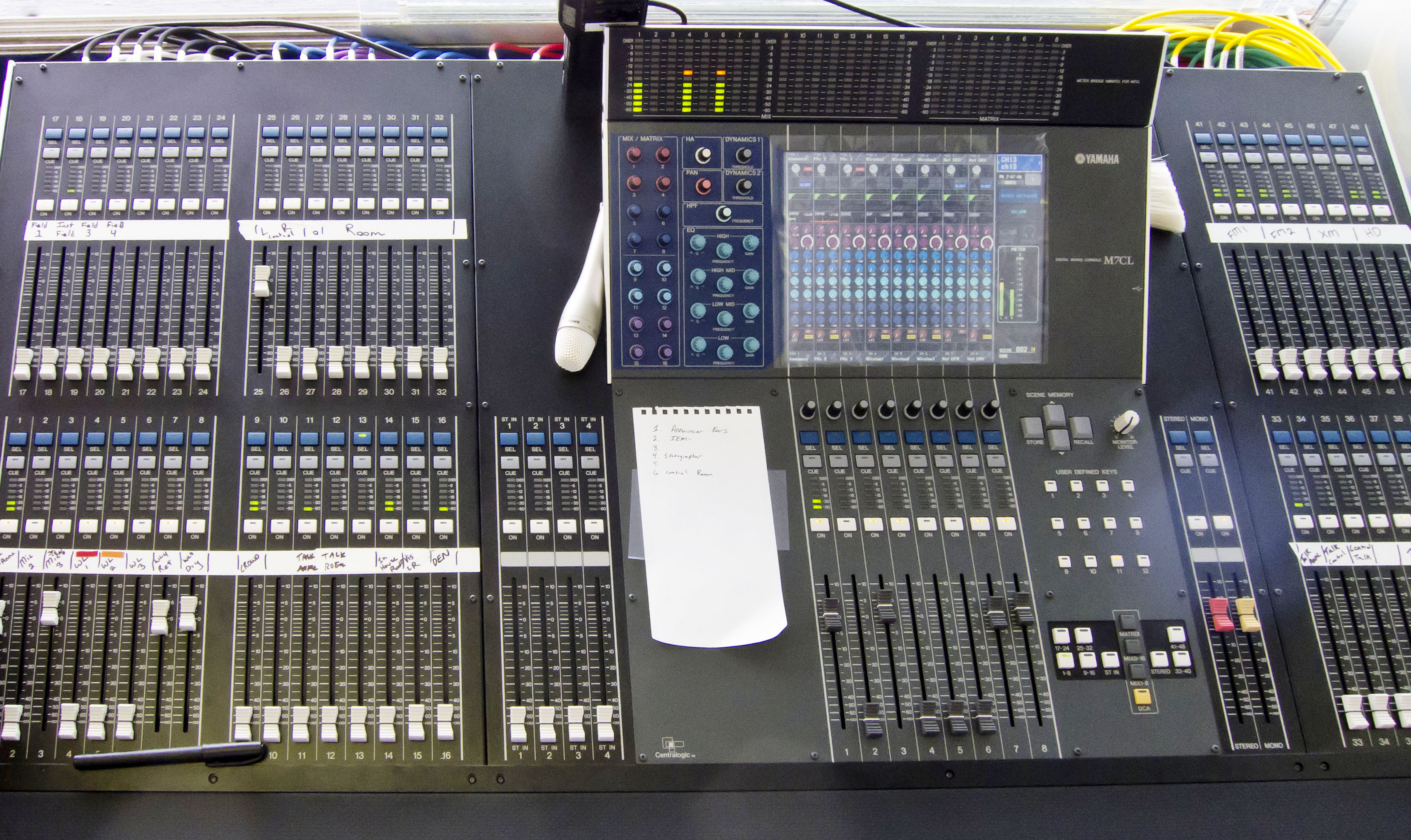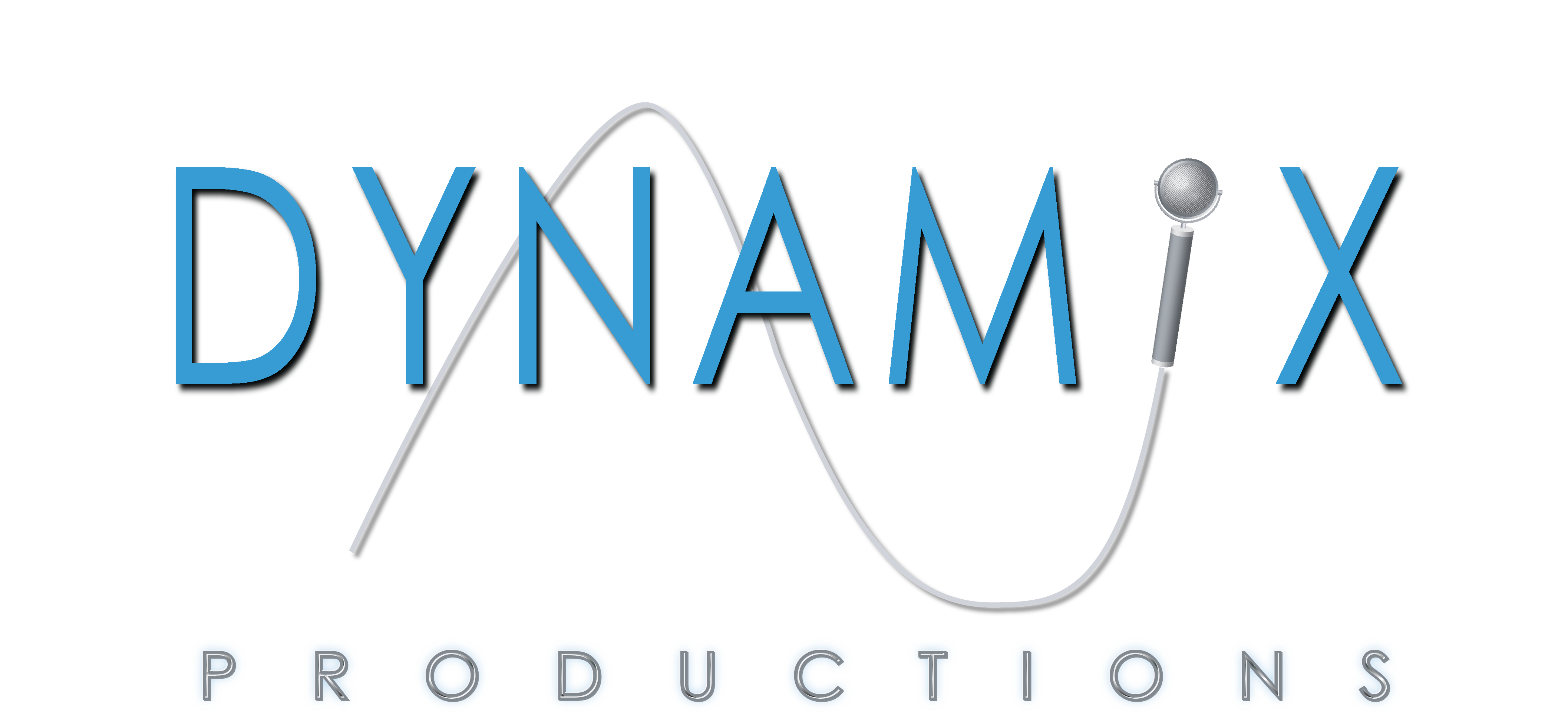The Golden Years of the Podcast
Nov 28, 2007 03:33 PM
In the humble beginnings of radio, there were no rules, only groundbreakers. Independent broadcasters would fire up the transmitter at will, talk about whatever they wanted, and play whatever music they wanted, all without any outside restrictions. Of course they had self-imposed restrictions like decency, but it was mostly a free-flowing medium for amateurs and hobbyists.
In the humble beginnings of radio, there were no rules, only groundbreakers. Independent broadcasters would fire up the transmitter at will, talk about whatever they wanted, and play whatever music they wanted, all without any outside restrictions. Of course they had self-imposed restrictions like decency, but it was mostly a free-flowing medium for amateurs and hobbyists. Then came along the government. Seeing a need to regulate the ever-growing broadcasters and crowded airwaves, they began licensing stations. When KDKA-AM of Pittsburgh became the fist commercially licensed radio station in 1920, the demise of the individual free-thinking broadcaster began.
And that decency thing, they would regulate that, too.
Oh, I don’t blame the government for regulating the airwaves. It was a promising new medium that would be total chaos if some ground rules weren’t laid down. And that decency thing, they would regulate that, too. But commercial radio wasn’t necessarily bad for America. After all, we wouldn’t have Jack Benny, George and Gracie, and Edward R. Murrow. Nor would millions have had heard the New York Philharmonic, Louis Armstrong, or Hank Williams. It’s just that the individual’s ability to access many listeners would be extremely difficult for the next three-quarters of a century.
Free speech, a much debated foundation of our Constitution, has always been at the heart of broadcasting. In the early days, most of those independent pioneers probably didn’t realize that they were fully exercising their free speech rights. When the Federal Communications Commission started to regulate what was being said on the airwaves, you better believe those broadcasters knew exactly when they were exercising their free speech.
Throughout broadcasting history, there have always been rule breakers. But the most daring were the pirates. Pirate radio stations, or those without licenses, are often operated clandestinely, and their transmissions usually have an agenda, including propaganda, political, religious, or just plain wacky. But many existed solely for the reason that there was too much government regulation. These operators wanted to broadcast without restriction – and they did – at least until they were caught.
How cool was it to listen to a station from Antarctica?
In the 1990’s, along with the internet revolution, came a new way to broadcast. Internet radio station began popping up all over the planet, literally. How cool was it to listen to a station from Antarctica? Those first internet broadcasters immediately took their cues from the earliest radio pioneers and started broadcasting whatever they wanted. The government and the Recording Institute Association of America (RIAA) eventually clamped down on them for playing music without paying the artists. Though still in flux, this segment of the broadcasting community keeps growing – under watchful eyes.
Then in recent years, the next revolution started. Though not “broadcasting” by traditional description, podcasting is a way to deliver one message to many. Technically, podcasting is just a fancy term for delivering an audio file to a willing listener. “Willing” is the key word. The listener must choose to click on the file to play the program, or click to “subscribe” to a series of programs until the listener chooses to stop receiving them. It’s a lot like getting a magazine. You can either go to the news stand to buy a copy whenever you feel like it, or get it regularly delivered to your doorstep with only one action – to subscribe. If you don’t like the magazine (podcast), you simply throw it way or unsubscribe.
The two most important things that magazines and podcasts have in common are free speech and target audience.
If we look at the magazine world for inspiration, there is a magazine for everything. Want to cultivate marijuana? Want to know more about paving roads with blacktop? Do you collect Cupie dolls? The two most important things that magazines and podcasts have in common are free speech and target audience. Where newspapers and broadcasters seem to have too many regulations, magazines and podcasters can be bold, arrogant, and nasty if they like. Where newspapers and broadcasters are forced to water down their content to suit a broad audience, magazines and podcasters can hone down their message to a pinpoint and shoot it like an arrow, often striking the target dead center.
So what is the future of podcasting? I won’t be so bold to predict, but I would like to wish it would stay free and unrestricted. Right now, free speech isn’t the only unique quality of podcasting. There is also a lack of formatting, formality, finesse, and quality – those must-haves of radio. This is not a bad thing, it’s fresh, exciting, and more importantly – real. When I listen to some of these under-produced podcasts, I feel like I’m connecting with the podcaster who probably produced their program in their living room. The broadcast industry and business world have already discovered the power of podcasting. The broadcast stations now let you download copies of what they aired, or even offer alternative versions for the internet. Businesses have discovered that they can advertise on popular podcasts, or even produce their own. More and more podcasts are slickly produced (disclosure: I’m one of those producers), but there remains a large number of individuals throwing all caution to the wind and producing podcasts that are defying the rules of broadcast. This is what I wish for the future of podcasting – that those individuals don’t give up because they can’t polish the sound; that they don’t stop saying what’s on their mind; that they come out in droves to bring us into their living rooms and lives; and that the regulators don’t step in. But sadly, something with so much promise for the little guy is usually sucked up into the mass ocean of regulations and sameness. If this is the future, then I guess we are truly living in the golden years of podcasting.
When Neil Kesterson isn’t busy listening to podcasts of Otis Badass’ “Redneck Rampage,” he’s the owner/engineer of Dynamix Productions in Lexington, KY.
Tags: podcast, radio, Dynamix Productions, Neil Kesterson, Jack Benny, Edward Murrow



